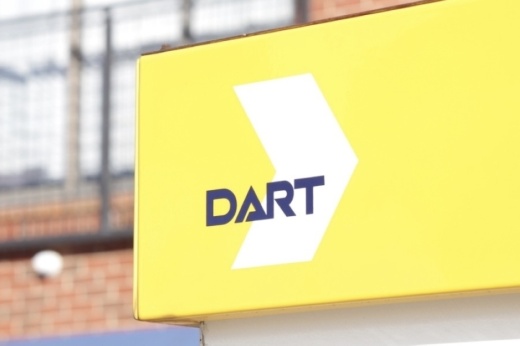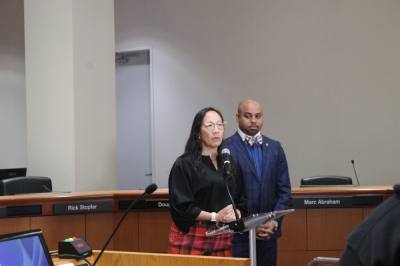On Nov. 5, Plano City Council will consider calling a special election that would allow residents to determine if the city remains part of DART next May.
DART CEO Nadine Lee said that all services in Plano would stop the day after an election if voters approved the withdrawal.
“We already have to start looking at what those impacts are going to look like,” she said. “I understand the financial implications that cities are dealing with today, but the truth is that transportation services are needed across the board, in all of our cities ... it’s something that people rely on, and I would hate to see those services go away.”
The big picture
Lee said Plano leaving DART would have impacts across the entire system.
“Many riders travel, for example, from Dallas to Plano for work,” she said. “It's not just residents of Plano who would be affected.”
Lee added that revenue loss from Plano sales tax collection would also have impacts on the services DART provides. The sales tax collected from Plano is “about $110 million” per year, Lee said, the second largest contribution of any DART member city behind only Dallas.
Plano council called the special meeting less than a week after the launch of DART’s Silver Line, a 26-mile commuter rail that connects Plano, Richardson and five other North Texas cities to the Dallas Fort Worth International Airport. The Silver Line has two stations in Plano.
She added that DART’s ability to serve those attending the 2026 World Cup, which begins next June, would be “severely impacted” by a withdrawal. North Texas is set to host 12 World Cup games.
“It's really devastating and frustrating to understand that they would do this not only on the heels of a wonderful, successful opening at the Silver Line last week, but on the eve of the World Cup,” Lee said.
Some context
A news release from the city of Plano cites a 2023 study from Ernst and Young Infrastructure Advisors that revealed a “clear disparity in spending” as a primary reason for the special meeting.
According to the report, Plano contributed $109.6 million in sales tax and saw $44.6 million in expenses within the city.
“For years, the city of Plano has worked to hold DART accountable for the hundreds of millions of tax dollars contributed by our residents,” the release states. “Given these circumstances, city leaders believe it is time to ask residents directly: Should DART continue to operate in the city of Plano?”
Lee said that she believes it’s “challenging to say that the [Ernst and Young] study was entirely accurate.”
“The study validated the operational distribution of funds that we had calculated internally, where we had some differences of opinion were on the capital side,” she said. “The methodology was really what made the difference there, and there were a number of costs that were not included in the methodology."
What’s next
Along with Plano, the cities of Highland Park and Farmer’s Branch are also set to consider special elections to withdraw from DART, Lee said.
Lee added that DART officials plan to continue working with those member cities to find “a resolution.”
“We have some offers on the table, and we want to continue to work with our cities to see if we can come to a resolution,” she said. “Because this is certainly not the outcome that we're all looking for."






